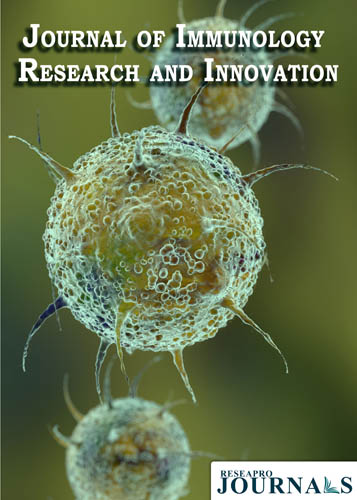
Journal of Immunology Research and Innovation
OPEN ACCESS

OPEN ACCESS

Department of Microbiology, University of Lagos, Nigeria
Understanding host-pathogen interactions is vital for deciphering the complexities of infectious diseases and the body’s defense strategies. When a pathogen invades the host, it encounters a highly advanced immune system capable of detecting and neutralizing potential threats through a series of molecular and cellular mechanisms. These complex interactions begin with the pathogen’s entry and continue throughout the stages of the immune response, ultimately influencing the outcome of the infection. Pathogens utilize specialized methods to bypass the host’s physical and chemical defenses. Once they gain entry, they employ a variety of tactics to establish infection, such as attaching to host cells, commandeering cellular processes, and producing toxins that weaken the host's immune defenses. In retaliation, the host's immune system activates a layered response. Initially, the innate immune system provides the first line of defense through processes like phagocytosis, inflammation, and the production of antimicrobial molecules. If the infection persists, the adaptive immune system is engaged, involving highly specialized cells like T cells and B cells, which specifically target the pathogen and create immune memory for future protection. Pathogens, however, have developed numerous strategies to escape immune detection, including altering their surface antigens, suppressing immune responses, and hiding within host cells. These dynamic interactions underscore the importance of studying host-pathogen relationships. Insights into these processes are key to developing effective vaccines and treatments, ultimately enhancing our ability to combat infectious diseases and promote global health.
Department of Microbiology, University of Lagos, Nigeria